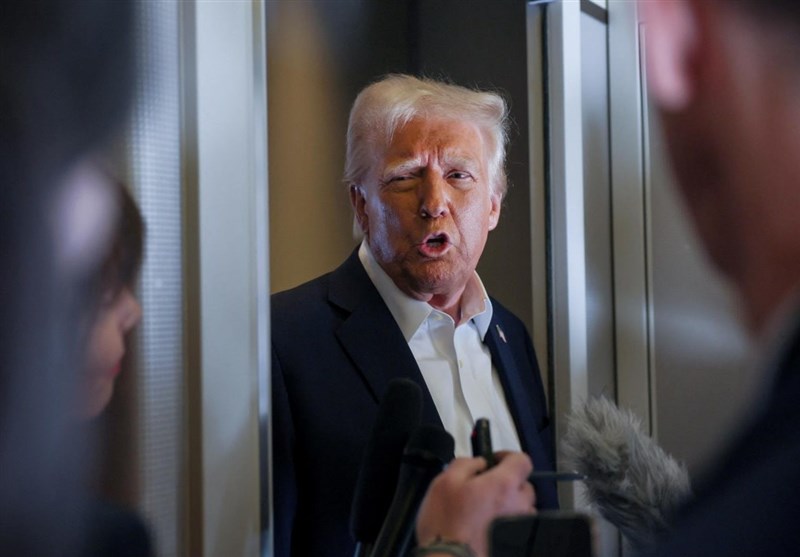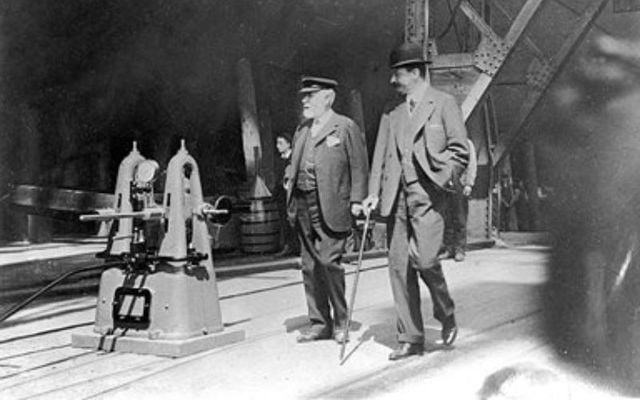Despite growing concerns about privacy and data protection, Dutch intelligence services AIVD and MIVD reportedly continue to share sensitive datasets with their U.S. counterparts, including data on Dutch citizens.
This comes at a time when the Trump administration's approach to democratic rights and data security has raised alarms, and . The collaboration between the Netherlands and the U.S.

intelligence agencies remains largely unchanged, even as former high-ranking officials urge the Dutch services to reconsider their partnerships. The call for reassessment stems from recent developments in Washington, including the sharing of military intelligence via a messaging app and a deteriorating U.S.
stance on key global issues such as Ukraine and Russia. Rob Bertholee, former director-general of AIVD, voiced his concerns, suggesting that intelligence exchanges should be limited and more conditional. "The situation in Washington has changed drastically, and not for the better," he told , indicating that the rapidly shifting political landscape necessitates a reassessment of how intelligence is shared.
Pieter Bindt, former MIVD director, agreed, stating that recent actions from the U.S. "have little to do with the democratic rule of law.
" He emphasized the need for an active reassessment of the intelligence-sharing relationship, adding that it is "no question" whether this should be considered. While both AIVD and MIVD have always assessed foreign partnerships through "weighing notes" that look at the alignment of agencies with democratic values, professionalism, and data protection standards, the specifics of their current evaluation of the U.S.
remain unclear. The Dutch services have not released details about how they are currently assessing U.S.
agencies like the CIA and NSA, nor have they provided updates since the inauguration of President Trump. The Netherlands' intelligence agencies have not conducted a new "weighing note" for the U.S.
since Trump took office. While it’s possible that the U.S.
was already considered a high-risk partner, the Dutch agencies are not commenting on when or if their assessment status has changed. One of the key concerns raised by former intelligence officials is the potential exposure of Dutch citizens' personal data through intelligence-sharing arrangements with the U.S.
A former AIVD legal officer warned against sharing unfiltered datasets that could include intercepted telecom or internet data from Dutch citizens. In recent weeks, several travelers have been detained at U.S.
airports, some for social media posts that raised red flags for U.S. authorities.
This issue is also under active discussion in the "committee-Stiekem," a group of senior Dutch political leaders tasked with overseeing intelligence policy. A source close to the committee revealed that members are pressing the intelligence services for more transparency, especially as tensions with the U.S.
rise. The dilemma for the Netherlands is reportedly clear: withholding intelligence from the U.S.
could mean losing access to critical information, including intelligence related to the ongoing conflict in Ukraine. One government official stressed that the Netherlands cannot afford to adopt a more cautious stance, as doing so could jeopardize access to vital intelligence..
Top

Privacy concerns mount as Dutch intelligence services continues to share data with U.S.

Despite growing concerns about privacy and data protection, Dutch intelligence services AIVD and MIVD reportedly continue to share sensitive datasets with their U.S.











